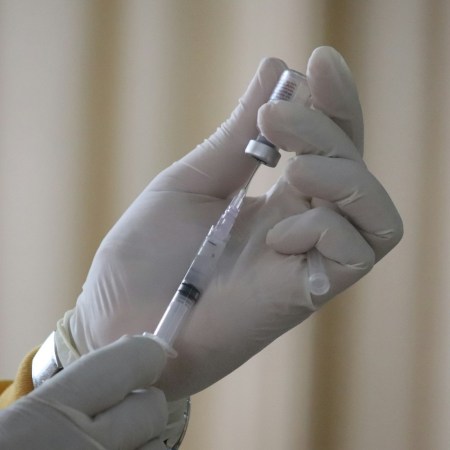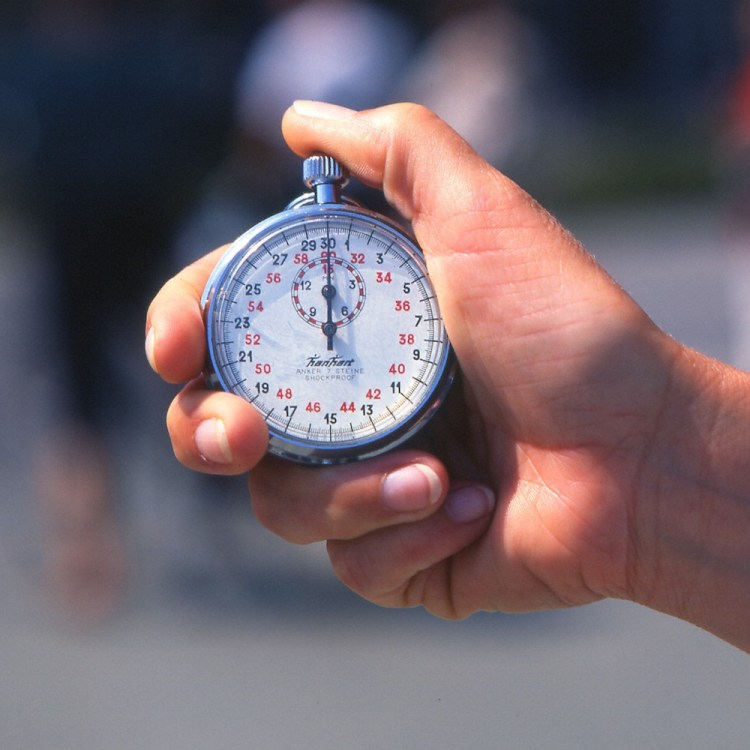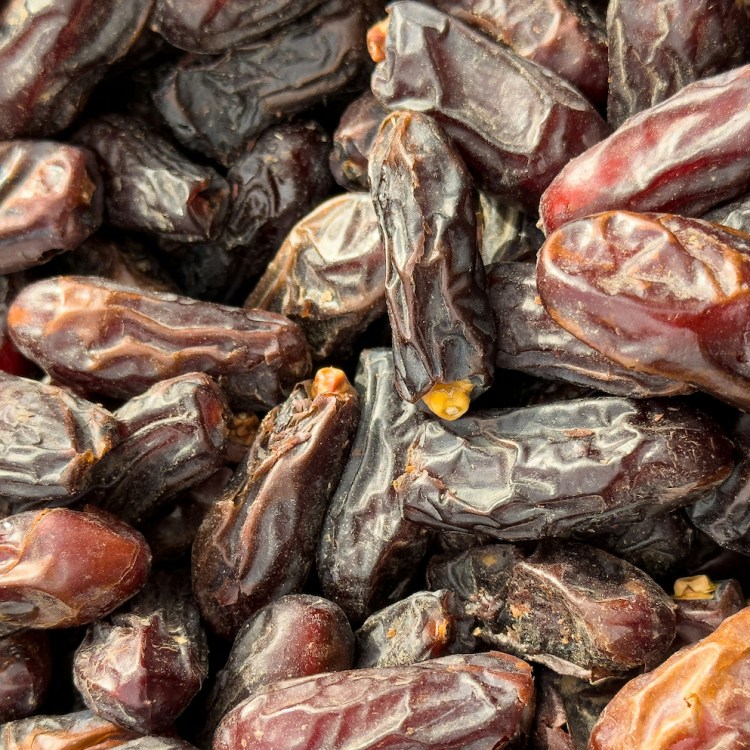Scientists have long compared the brain to outer space and the deep ocean, as examples of complex ecosystems that we’ve barely come to understand. One environment that deserves equal consideration? Your lowly gut.
A mountain of recent research indicates that the gastrointestinal tract, an ever-evolving microbiome with trillions of bacteria, is more important than we ever realized. All those old colloquialisms (“gut instinct,” “I can feel it in my gut,” “go with your gut”) were actually onto something — the gut appears to maintain an intimate relationship with the brain. Good happenings in the gut mean good happenings in the brain, and vice versa.
Work from The Microsetta Initiative (a comprehensive lab that collects…leavings) and various other clinics has demonstrated that healthy microbiomes help the brain perform better on cognitive tests, create more serotonin for the body and have a lovely habit of quelling anxiety. But guts with less diverse bacteria, or too much of the sort of bacteria you don’t want, can propagate a depression-like response in the brain, and have been linked to all sorts of disorders, including improper hormone function, stress, ADHD and even Alzheimer’s.
The last condition is most alarming for researchers. A study published three years ago confirmed that “intestinal flora is able to influence the activity of the brain and cause its dysfunctions.” They haven’t pieced it all together yet, but it’s clear that some sort of communication network is disrupted when “plaque” builds up in a degenerate gut. The immune system carries irritants to the brain, which impacts cell functioning and speeds up aging processes.
The good news? While there is some genetic determinism going on in the gut, it’s an amorphous and modifiable home, which can be improved with some lifestyle changes. Skip the “miracle gut health elixirs” from goop, which are expensive and essentially need to be consumed for the rest of your life (gut bacteria would simply go back to normal the second you stop ingesting a certain probiotic) and focus on making sustainable, consistent dietary decisions.
Remember: 75% of the American diet comes from 12 plants and five animals. That’s outlandish. Diversity in the gut starts with diversity on your plate. Eat broadly and colorfully, prioritize plants and give your body time to catch up to the uptick in fiber.
Perhaps this shouldn’t be such a surprise, after all — if a heavy lunch affects your energy, mood and productivity for the rest of an afternoon, of course a lifetime of eating a certain way will affect how your brain feels decades down the line. Until we understand more about the mysterious gut, err on the side of choosing foods that’ll benefit your microbiome and your mind.
The Charge will help you move better, think clearer and stay in the game longer. Subscribe to our wellness newsletter today.


















